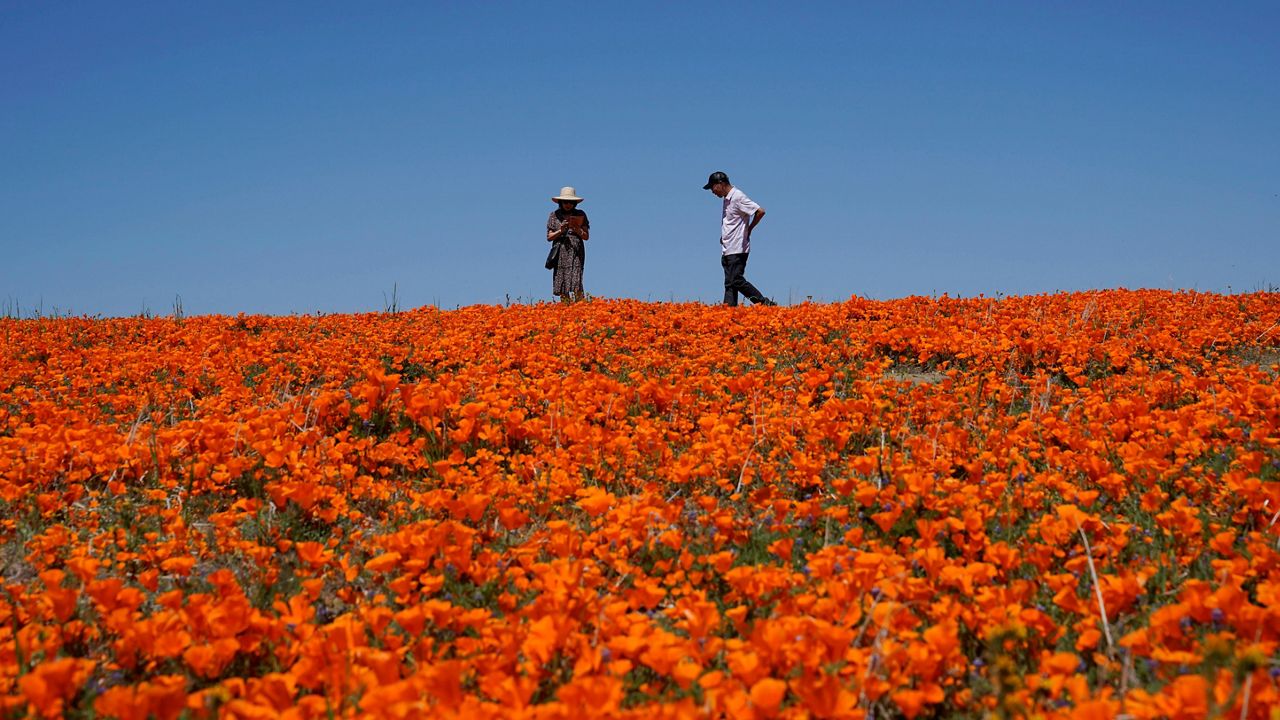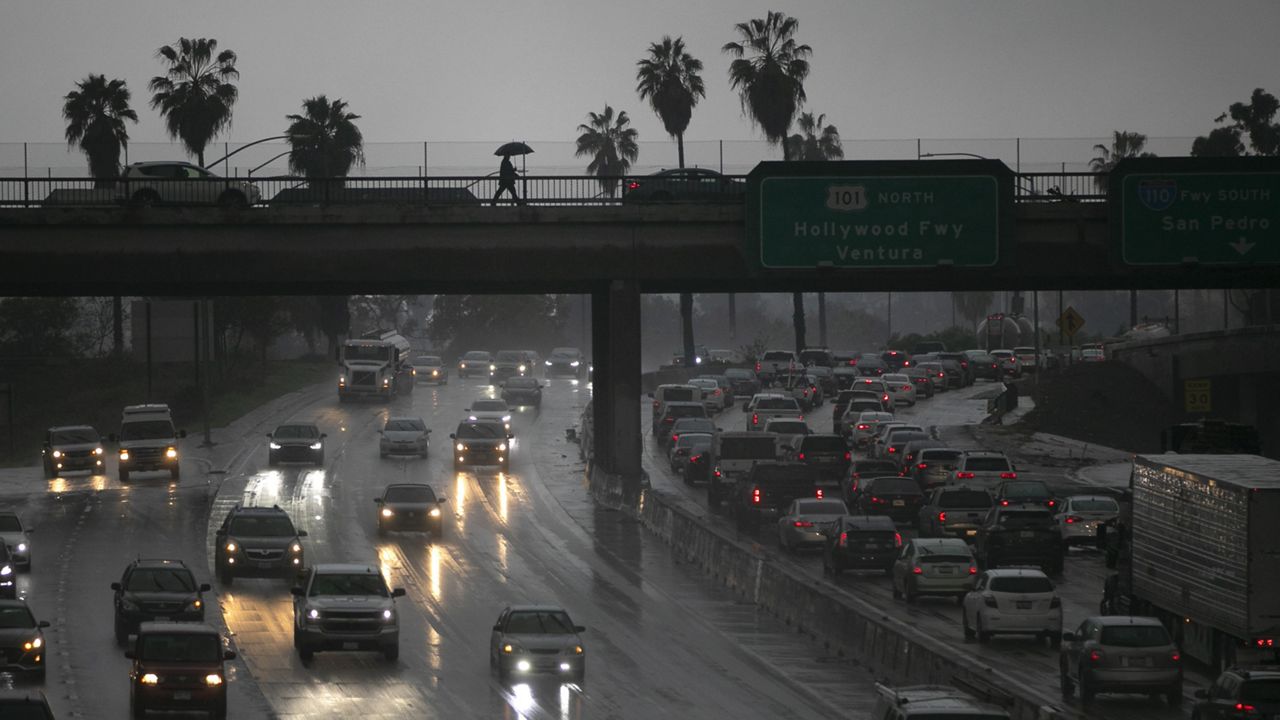This past winter was one for the history books with incredible rainfall amounts and epic snowpacks for both SoCal mountains and the Sierra Nevada range.
Now that it's spring, we're beginning to see the fruits, or flowers in this case, of Mother Nature's labor.
Unfortunately, there’s a downside to our super bloom. All that spring growth has led to extra pollen in the air.
Just because there is extra pollen in the air doesn’t mean you have to suffer this spring. Fortunately, there are over-the-counter medications you can take to ease allergy symptoms.
You can take decongestants to clear your sinuses. In addition, antihistamines will help with itchiness and watery eyes.
Taking probiotics (found in yogurt) increases good bacteria in your gut. Having a good gut biome eases seasonal allergies according to a Vanderbilt University Medical Center study.
Here are some other tips to ease allergy symptoms:
1) Stay indoors during morning hours when allergen levels are highest.
2) Keep house and car windows closed.
3) Run the AC and use a HEPA filter to clean the air.
4) Change your clothes after you have been outside
5) Wear sunglasses to shield your eyes from pollen
Our 'super bloom' this year can be seen from space. Check this out.
Plenty of the desert flowers pictured are a stunner, especially considering that they were dormant throughout the drought. Because of our unusually wet winter, the plants have woken up, and pollen is now at an overproduction because of the growth of more grasses, trees, flowers and weeds.
Between the months of winter and early summer, the trees that cause the most problems in SoCal are January through May are sycamore, eucalyptus, mulberry, oak, sycamore and even olive.
The winds this time of year can also help to blow pollen, dust and other irritants hundreds of miles across the region, which is why you may feel an allergy flare on wind advisory-issued days.
The last time we had a wildflower super bloom was in 2019 thanks to multiple storms starting in Oct. 2018 through March 2019.
Previous super blooms were in 2016 and 2005.
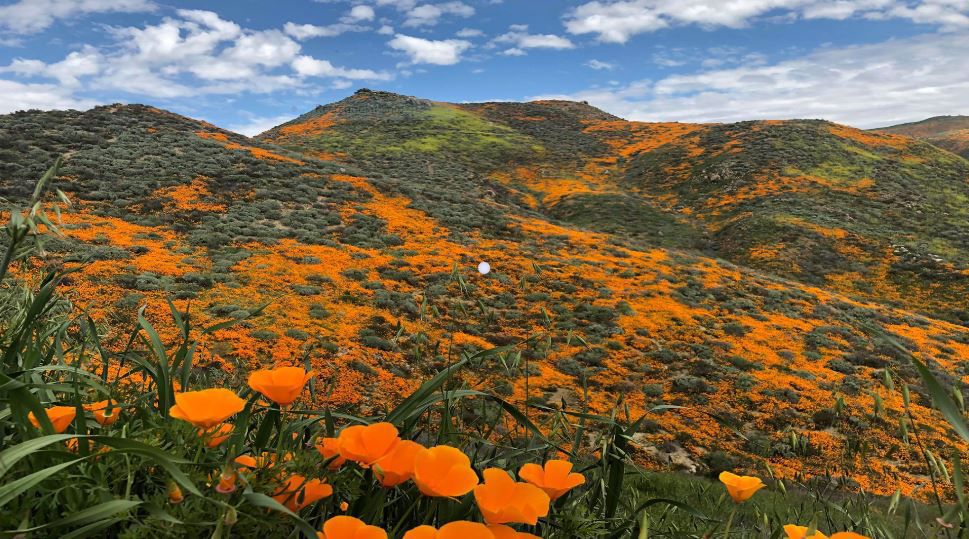
If you're planning a road trip soon, there's a wildflower hotline you can actually call to find out where some of the best locations are in Southern and Central California.
Emmy-award-winning actor Joe Spano narrates the weekly recordings.
You don't have to drive too far to see some spring blooms. Many parks and neighborhoods are very colorful this time of year.

Two other popular SoCal spots to view thousands of flowers this time of year are the Descanso Gardens in La Cañada Flintridge and the Carlsbad Flower Fields.
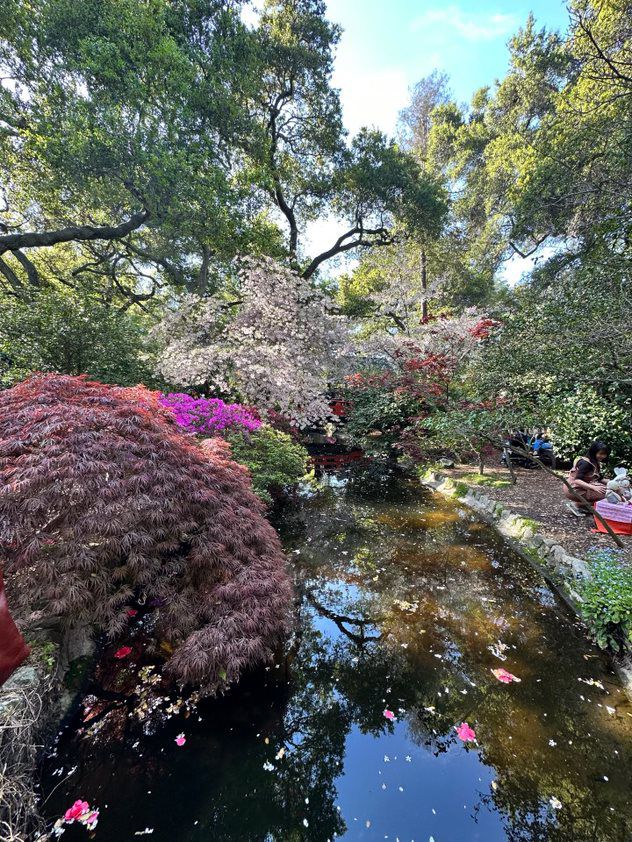
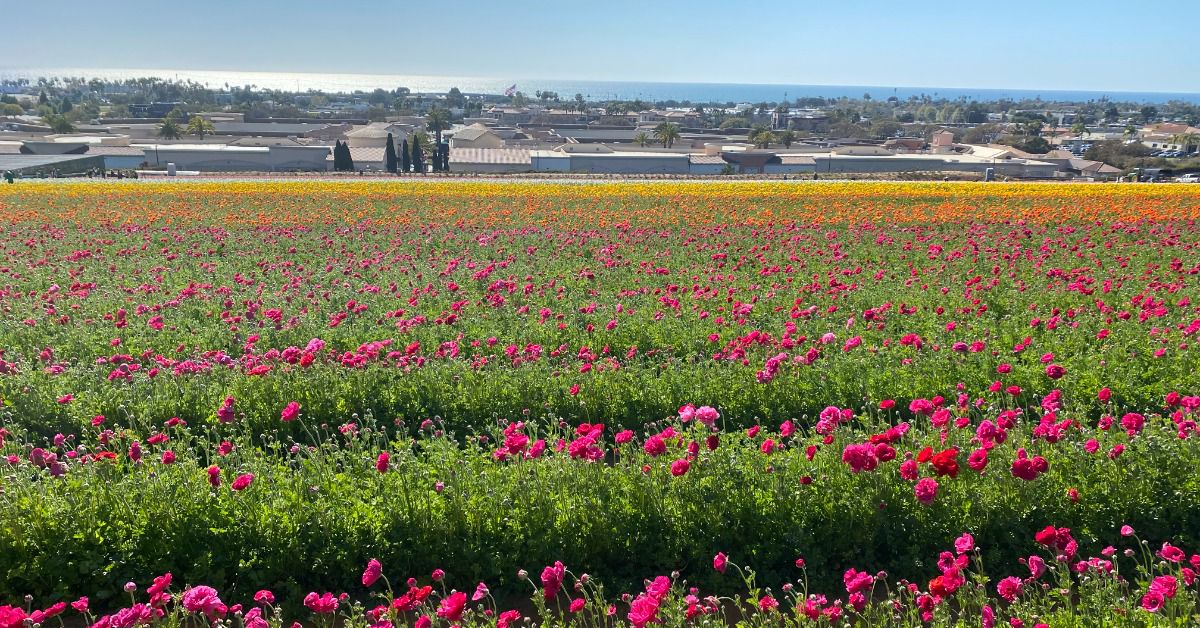
Our team of meteorologists dives deep into the science of weather and breaks down timely weather data and information. To view more weather and climate stories, check out our weather blogs section.




